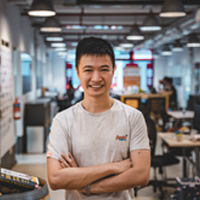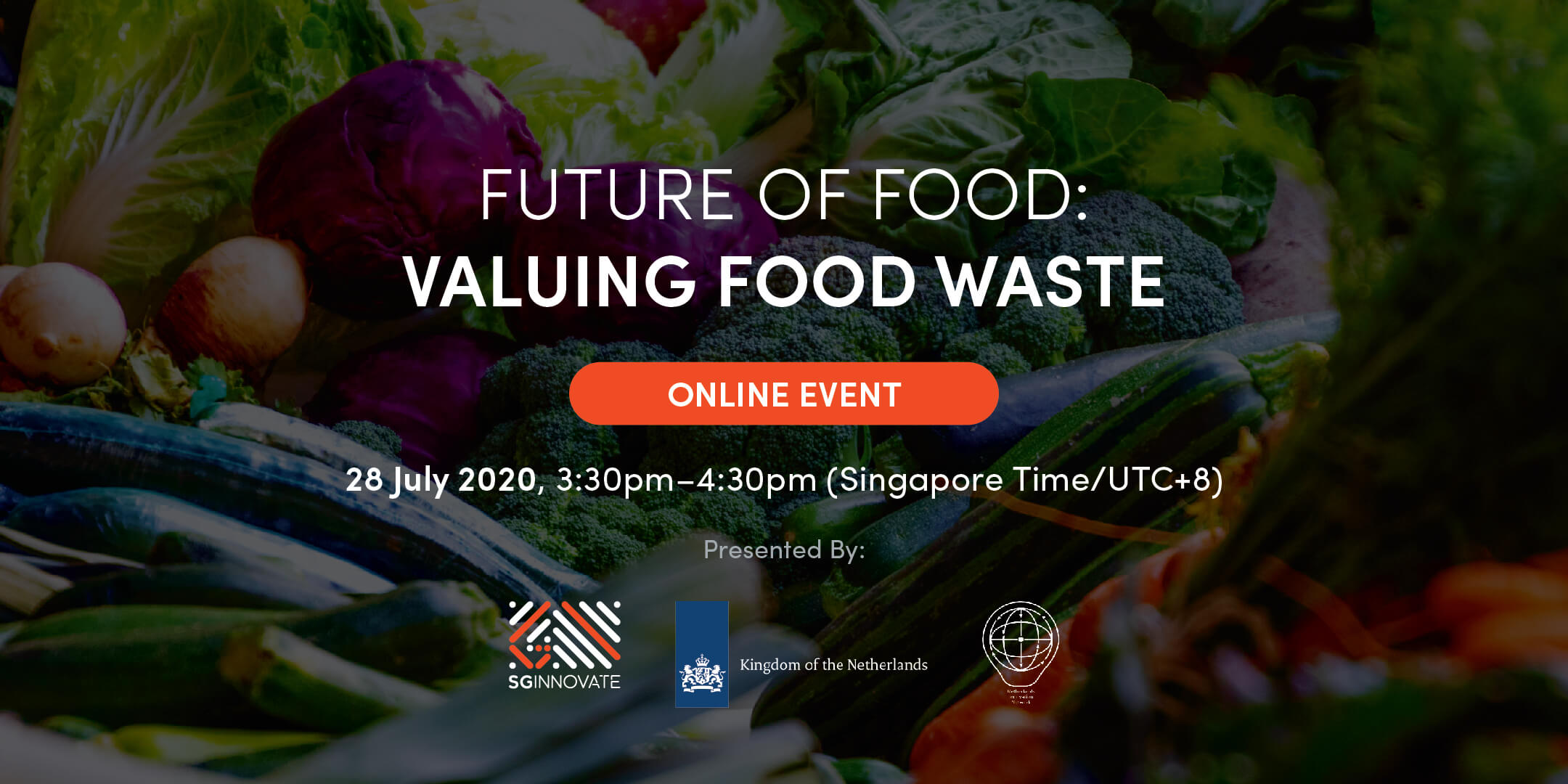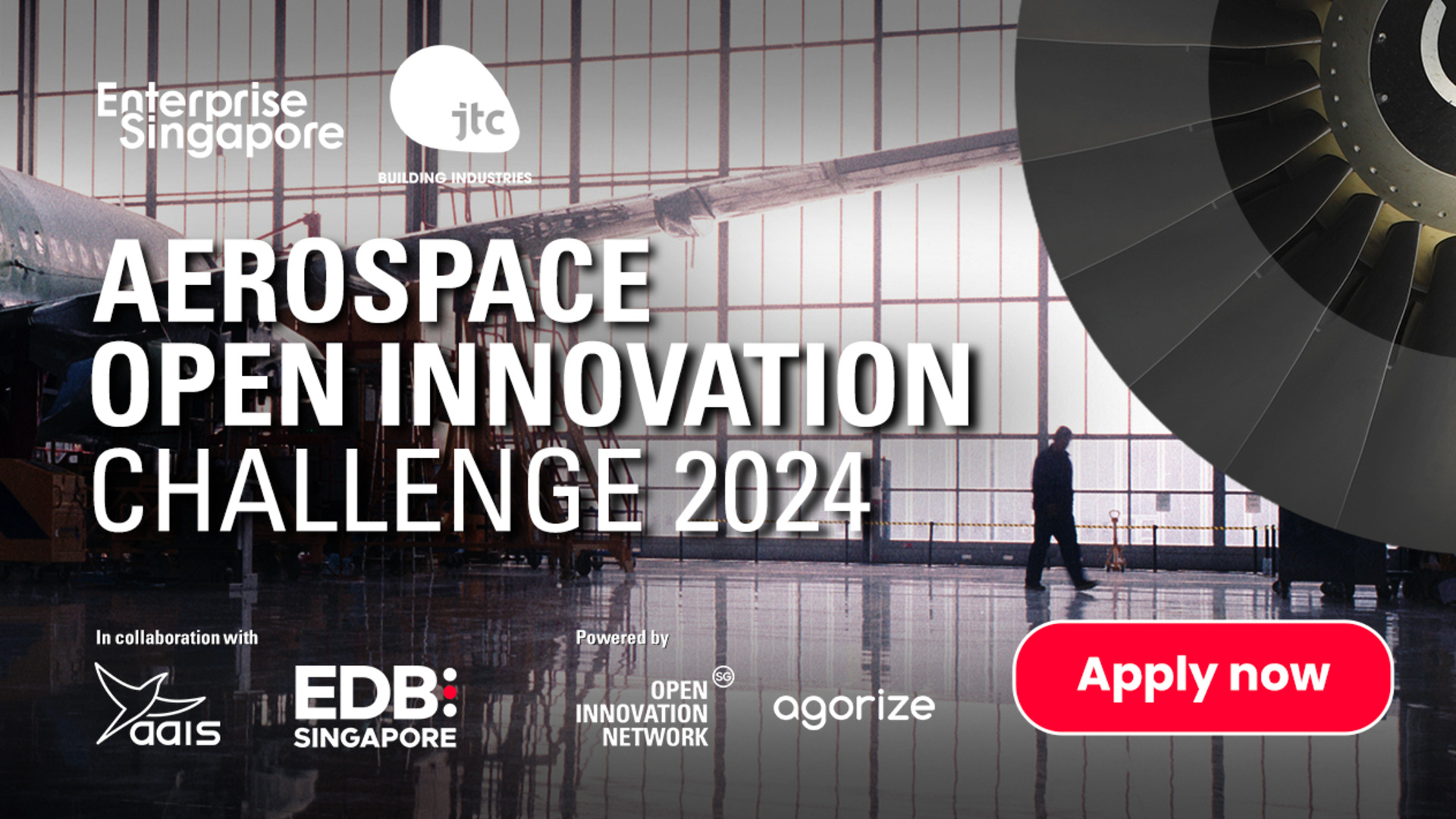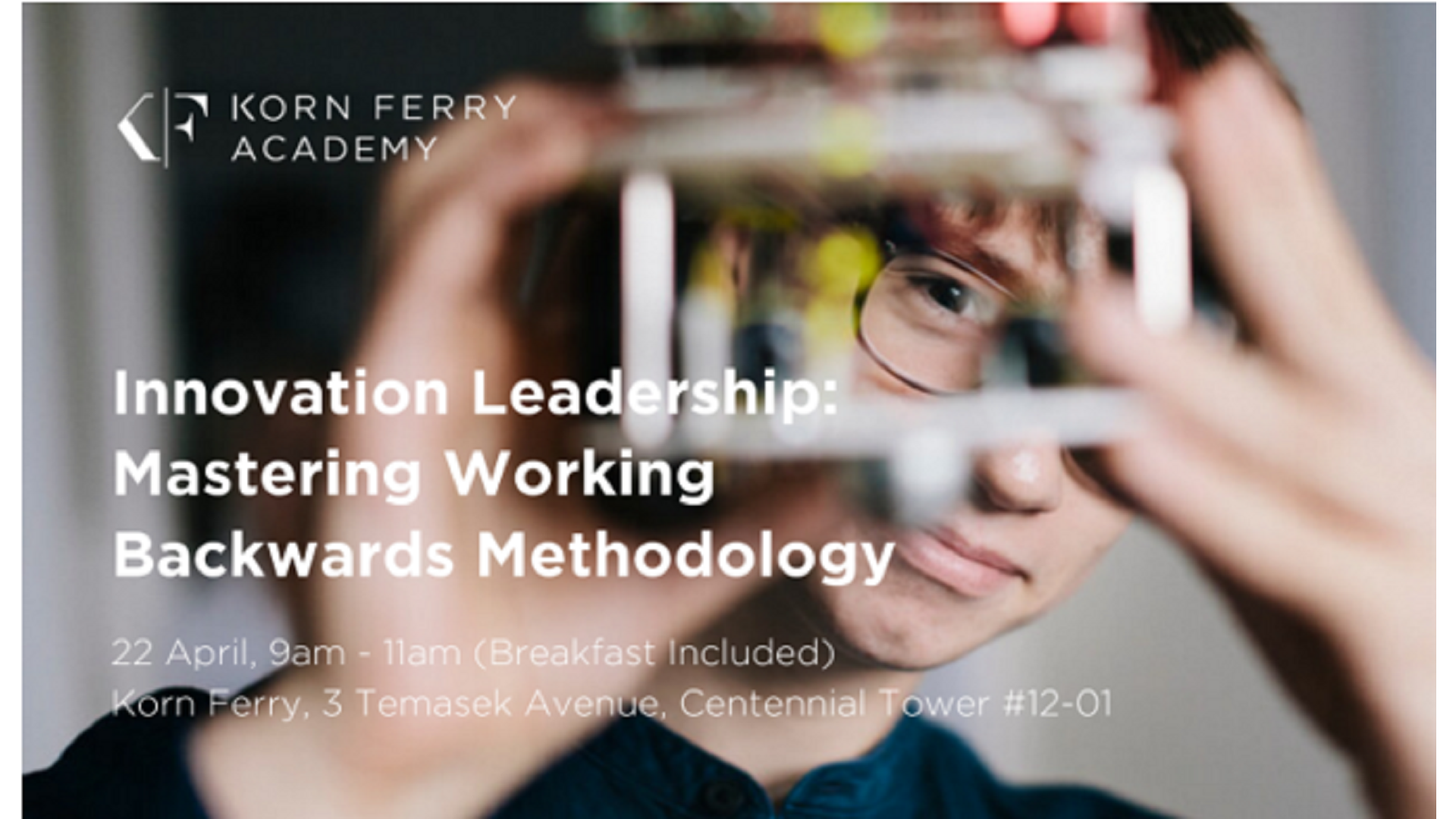Overview
Food waste occurs at all levels from production to consumption. In the Netherlands, the most significant food-waster is the consumer, with the average person throwing away about 34 kg of food at home every year. The Dutch government has adopted the UN target of reducing food waste by 50% in 2030.
Similarly, in Singapore, food security is high on the agenda meeting the 30 by 30 goal of producing 30% of food locally by 2030 is more than just about ensuring Singapore's food supply. Developing innovations in food waste reduction can lead to a circular economy with zero waste food processing, resulting in a more efficient food system and enhanced food security.
To effectively tackle food waste, there is a need to develop new ways to prevent avoidable food waste and find alternative, high-value secondary uses for unavoidable food waste such as fruit peels. As the food chain is a complex and dynamic system, there is not one single solution - all key players from public and private sectors are needed to better identify, measure and understand the problem in order to find solutions to food wastage.
In this third edition of the Future of Food webinar session, we bring together speakers from academia and startups in Singapore and The Netherlands to highlight innovations and specific use cases across the various areas of food waste management.
Date 28 July 2020
Time 3:30pm - 4:30pm (Singapore Time)
Programme:
3:30pm - 3:45pm Opening Presentations by
- DrWei-Shan Chen, Assistant Professor - Environmental Technology Group, Wageningen University & Research
- Prof. William Chen, Michael Fam Chair Professor in Food Science & Technology and Director, Food Science & Technology, Nanyang Technological University
3:45pm - 4:15pm Panel Discussion on Valuing Food Waste
- Rayner Loi, Co Founder & CEO, Lumitics
- Thomas Luttikhold, Entrepreneur, Wastewatcher
- DrWei-Shan Chen, Assistant Professor - Environmental Technology Group, Wageningen University & Research
- Prof. William Chen, Michael Fam Chair Professor in Food Science & Technology and Director, Food Science & Technology, Nanyang Technological University
- Moderator Armen Harutyunyan, Senior Advisor, Sustainable Agriculture, UNDP Global Centre for Technology, Innovation and Sustainable Development
4:15pm - 4:30pm Q&A
Speakers' Profiles:
Rayner Loi, Co Founder & CEO, Lumitics

Having learnt about what some are calling the Global Food Waste Scandal, Rayner co-founded Lumitics, a start-up that empowers hotels and airlines with data analytics to reduce their food waste, cost and environmental footprint.
Fuelled by his strong conviction of being a good steward of Mother Earth, he is eager to leverage on technology to bring about scalable social and environmental impact.
Thomas Luttikhold, Entrepreneur, Wastewatcher

Thomas Luttikhold is founder of Wastewatcher. Wastewatcher's aim is to fight food waste - they do this together with companies and governments by creating awareness, providing tools to measure food waste, and delivering powerful insights for chefs, people on the frontline, and consumers. This is done through creating forecasting algorithms for restaurants to predict their sale and reduce their food waste.
Wastewatchers has a longterm partnership with Hutten, the greenest caterer of the Netherlands and is a founding and organisational partner of the Food Waste Challenge along with the Rabobank and Samen Tegen Voedselverspilling.
DrWei-Shan Chen, Assistant Professor - Environmental Technology Group, Wageningen University & Research

Dr Wei-Shan Chen is an assistant professor working in the Environmental Technology group of Wageningen University & Research (WUR). His research focuses on how to redesign urban sanitary infrastructure to accommodate novel resource recovery technologies, aiming to promote a circular economy in and around cities.
With a group of PhD and postdocs, he develops decentralised biotechnologies for resource recovery from domestic food waste and wastewater. Another project includes creating digital twins to simulate urban resource dynamics after implementing these emerging technologies and advise urban stakeholders on planning and design of urban infrastructure transition for a circular economy. He also works part-time at Amsterdam Institute for Advanced Metropolitan Solutions (in short AMS-institute), where he collaborates with various urban stakeholders to experiment and implement novel resource recovery technologies based on the model outcomes.
Prior to his current position, Wei-Shan Chen did his bachelor study in material science & engineering from National Cheng Kung University, Taiwan in 2009 and worked as a materials engineer for a year. He then pursued his MSc with a major in environmental technology and a minor in environmental systems analysis in WUR (2010-2012). Thereafter, he did his PhD in WUR from 2012 - 2017 focusing on the conversion of supermarket food waste to valuable chemicals using open-mixed culture fermentation. Between 2017 and 2019, he did postdoctoral research at both WUR and AMS-institute, in which he researched how to reuse domestic wastewater for fertigation in aquaponic greenhouses.
Prof. William Chen, Michael Fam Chair Professor in Food Science & Technology and Director, Food Science & Technology, Nanyang Technological University

Professor Chen received his university education (both B.Sc. and D.Sc.) from Universit Catholique de Louvain in Belgium. He is the Michael Fam Chair Professor in Food Science & Technology with Nanyang Technological University, and Director of the University's Food Science & Technology (NTU FST).
In addition to FST talent development in partnership with Wageningen University & Research (WUR) from the Netherlands, NTU FST has developed innovative technologies of relevance to Singapore's food industry. These green processing tech innovations aim at reducing food waste to enhance food security and have contributed to Food Circular Economy in Singapore.
Innovations from NTU FST have helped NTU be amongst Asia's Top 100 Protein Disruptors of the Year, as released by the US-based The Good Food Institute. These innovations have attracted significant interest and investment from government agencies and food industry, including the F&N-NTU Innovation Lab which was opened by Singapore Minister for Education Mr. Ong Ye Kung in 2019.
Innovations from NTU FST and Professor Chen's views on food security have been featured in the mainstream media, both locally and internationally. The ‘Going Green' programme by CNN in 2019 described Professor Chen as a Game-Changing Leader in the green revolution of the food system.
Professor Chen is an adviser to government agencies, NGOs and food industry on matters related to food security and future food technology.
Moderator's Profile:
Armen Harutyunyan, Senior Advisor, Sustainable Agriculture, UNDP Global Centre for Technology, Innovation and Sustainable Development

Armen Harutyunyan is a Senior Advisor at the UNDP Global Centre for Technology, Innovation and Sustainable Development. Armen was previously the Head of Office/Partnerships and Development Finance Officer at the UN Resident Coordinator Office in Armenia. He is a Chair of the Board of Trustees of the Agrarian University of Armenia. Since 2016, he has taught Food Economics at the American University of Armenia and Behavioural Economics at the Yerevan State Medical University.
Armen is also a former Deputy Minister of Agriculture of Armenia. During five years of work, he has coordinated international trade and investments. He has been engaged in the Deep and Comprehensive Free Trade Agreement with the EU and later with Eurasian Economic Union and successfully concluded agricultural trade-related chapters. He has attended several executive courses at Harvard and Stanford Universities, University of California and London School of Public Relations.
During his work in the government, Armen received several awards for his contribution to the formation of the Eurasian Economic Union, for successful cooperation with Food and Agricultural Organisation, and investment into the development of agriculture in Armenia.






